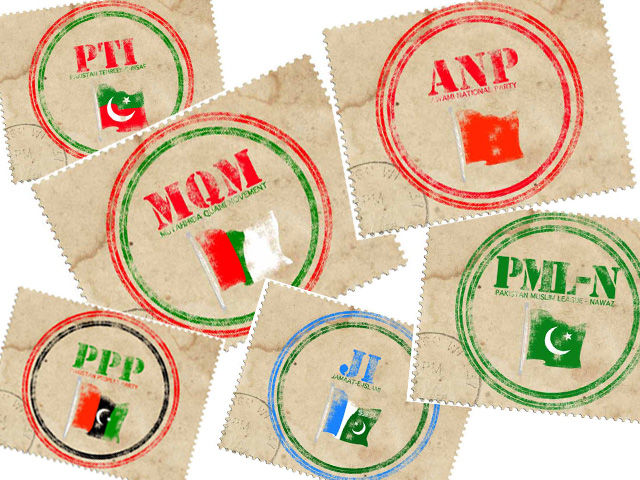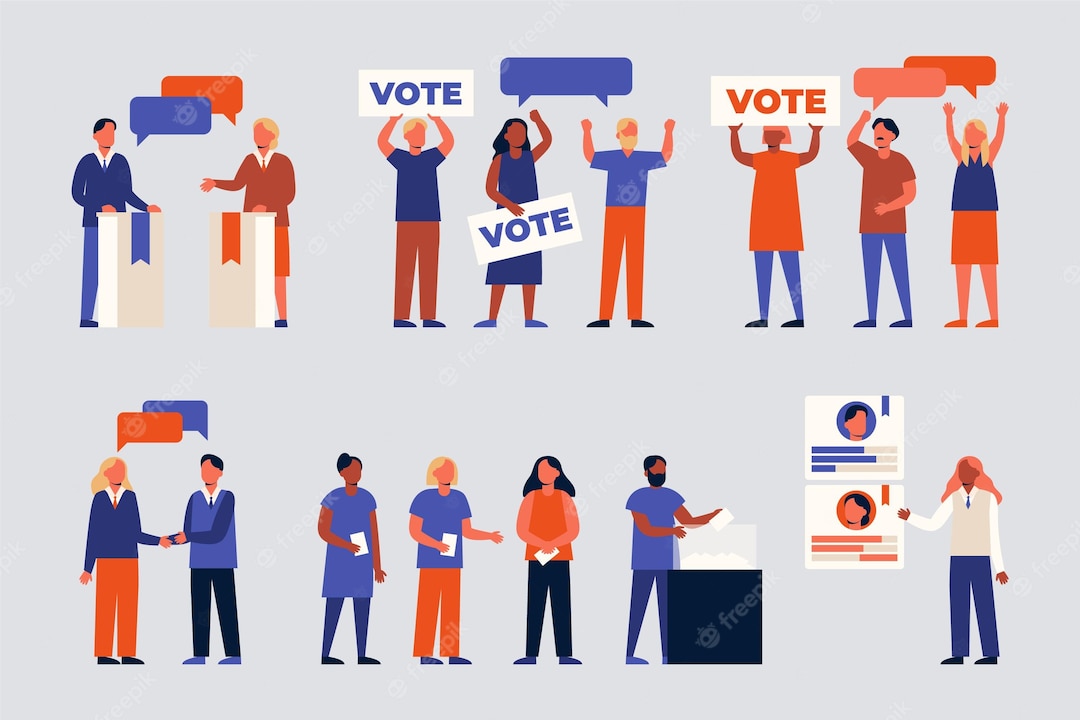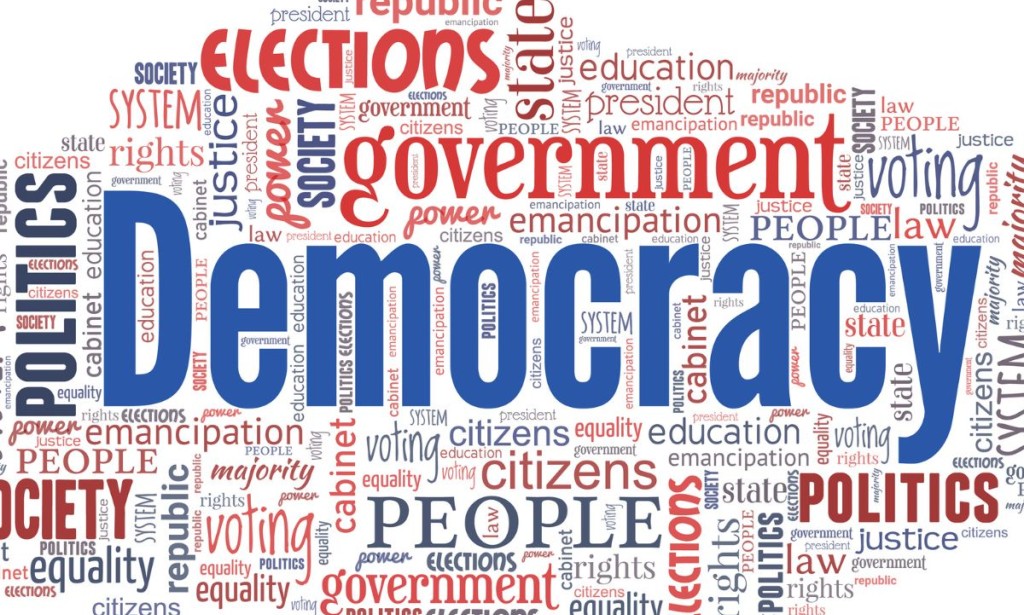Table of Content:
- The Essence of Politics
- Elections as the Vehicle of Democracy
- The Role of Political Parties
- Transparency and Accountability
- Challenges in Contemporary Democracies
- The Influence of Money in Politics
- Voter Suppression and Electoral Integrity
- The Evolving Landscape of Electoral Systems
- The Importance of Voter Education and Participation
Politics and elections are the beating heart of any democracy, serving as essential elements that shape the course of a nation's future. Together, they represent the collective voice of the people, enabling citizens to participate in governance and chart their destiny. This article explores the intricate relationship between politics and elections, highlighting their significance in promoting transparency, accountability, and representation. We delve into the challenges faced by contemporary democracies, the role of money in politics, and the evolving landscape of electoral systems. Ultimately, we emphasize the importance of informed and engaged citizenry as the cornerstone of a thriving democratic society.

The Essence of Politics
At its core, politics revolves around the distribution and exercise of power within a society. It involves the formulation and implementation of policies that impact citizens' lives, shaping the socio-economic and cultural fabric of the nation. Political ideologies and parties are vehicles through which diverse ideas and visions for the future are expressed, leading to spirited debates and discussions.
Elections as the Vehicle of Democracy
Elections provide citizens with the means to influence their government by electing representatives who share their values and aspirations. It is the most fundamental expression of democratic rights, granting every eligible citizen an equal voice in the selection of leaders. The periodic nature of elections allows for peaceful and orderly transitions of power, contributing to political stability and continuity.
The Role of Political Parties
Political parties play a pivotal role in the democratic process. They act as intermediaries between the government and the people, presenting competing policy platforms and visions for the future. By aggregating diverse interests, parties provide voters with clear choices, and their successes or failures in elections determine the direction of the country's policies.

Transparency and Accountability
In a healthy democracy, transparency and accountability are crucial. Elections serve as a mechanism for holding elected officials accountable for their actions and decisions. Voters can either re-elect those who have proven themselves worthy of their trust or vote for change if promises remain unfulfilled. Transparency in campaign financing is also essential to ensure that money does not unduly influence political outcomes.
Challenges in Contemporary Democracies
Despite the potential for democratic systems to be powerful instruments of progress, they are not without challenges. Polarization, fake news, and misinformation have eroded public trust in institutions and politicians, leading to political alienation. These factors can hinder the functioning of a democracy and make it difficult for constructive dialogue to prevail.
The Influence of Money in Politics
The influence of money in politics is a significant concern that threatens the integrity of democratic processes. Political campaigns require substantial financial resources, and the influx of money from special interest groups or wealthy individuals can distort policy priorities and representation. Campaign finance reforms are essential to curb the corrosive effects of money on democratic institutions.

Voter Suppression and Electoral Integrity
Ensuring electoral integrity is essential to maintain the trust of citizens in the democratic process. Instances of voter suppression, gerrymandering, or electoral fraud undermine the principles of fair representation. Governments must work diligently to create an inclusive electoral environment that guarantees the right to vote for all eligible citizens.
The Evolving Landscape of Electoral Systems
Over time, electoral systems have evolved to adapt to changing societal needs. Different countries employ various systems such as First-Past-The-Post (FPTP), Proportional Representation (PR), and Mixed Electoral Systems. Each system has its strengths and weaknesses, influencing political behavior and party dynamics.
The Importance of Voter Education and Participation
An educated and engaged citizenry is the lifeblood of any vibrant democracy. Voter education initiatives are crucial to inform citizens about their rights, responsibilities, and the importance of their participation in the electoral process. Encouraging voter turnout and fostering political awareness will strengthen democracy and ensure that the voices of the people are heard.

Politics and elections are intertwined in the DNA of democracy, working together to create a tapestry of governance and representation. While challenges abound, they can be overcome through collective efforts to promote transparency, accountability, and inclusivity. Empowered citizens, aware of their role in shaping their nation's destiny, are the bedrock of a robust democratic society. By nurturing the values of democratic engagement and respect for differing viewpoints, we can navigate the complex pathways of politics and elections, ensuring a brighter future for generations to come.


You must be logged in to post a comment.